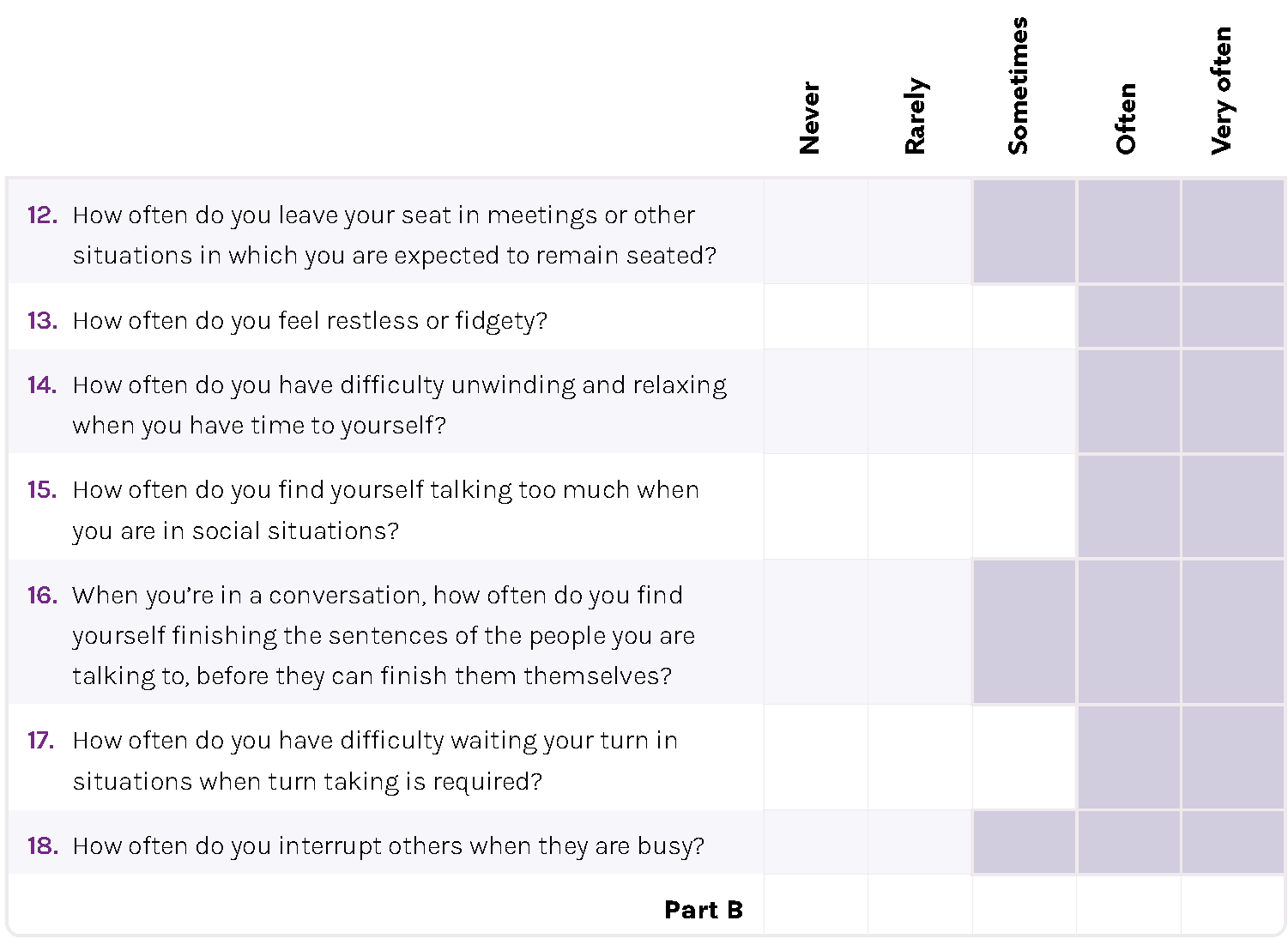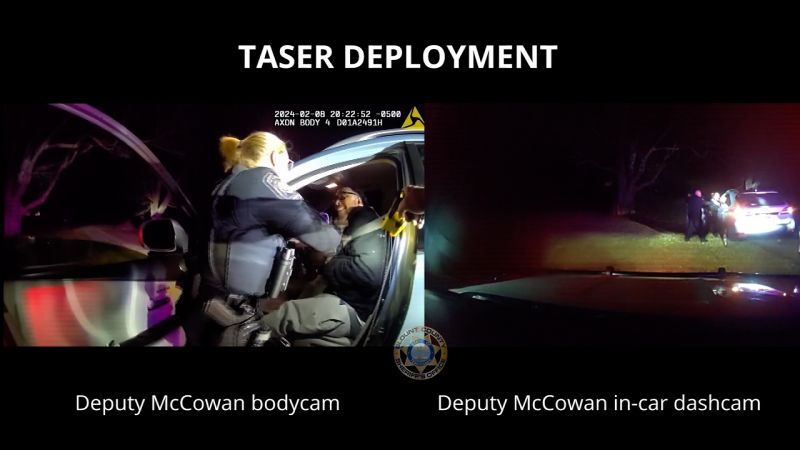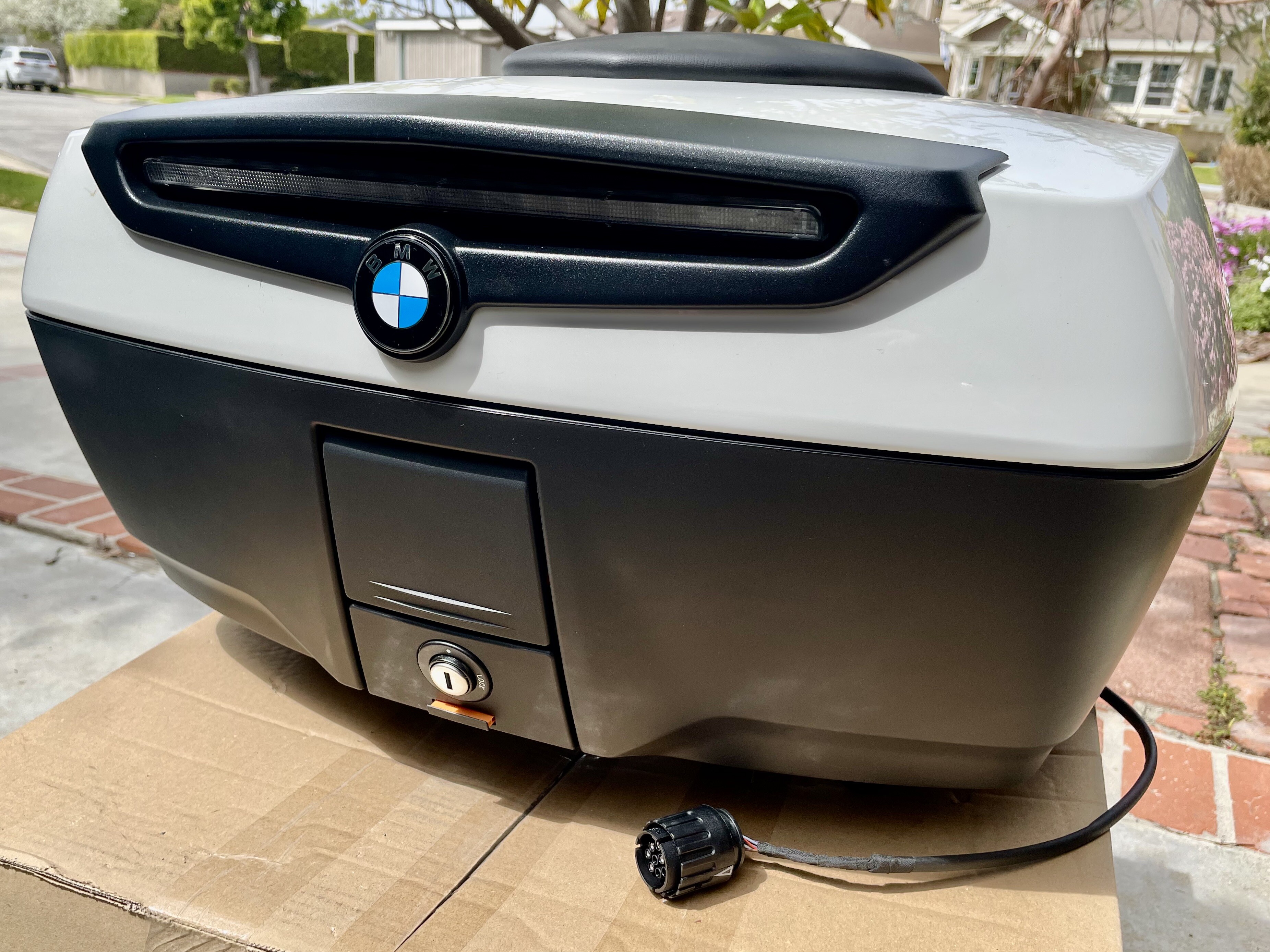Navigating An Adult ADHD Diagnosis: A Practical Guide

Table of Contents
Understanding Your Adult ADHD Diagnosis
Deciphering the Diagnosis
Adult ADHD, or Attention-Deficit/Hyperactivity Disorder, is a neurodevelopmental disorder that can significantly impact daily life. It's crucial to understand that an adult ADHD diagnosis isn't a reflection of character or willpower; it's a neurological condition. There are three primary subtypes of ADHD:
- Inattentive ADHD: Characterized primarily by difficulty focusing, sustaining attention, and organizing tasks.
- Hyperactive-Impulsive ADHD: Characterized by excessive restlessness, impulsivity, and difficulty controlling behavior.
- Combined ADHD: Individuals exhibiting symptoms of both inattentive and hyperactive-impulsive presentations.
Common symptoms of adult ADHD can include:
- Difficulty focusing on tasks or conversations
- Frequent disorganization and forgetfulness
- Impulsivity, including interrupting others or making hasty decisions
- Restlessness and difficulty sitting still
- Problems with time management and procrastination
- Challenges with emotional regulation
It's important to note that adult ADHD often presents differently than childhood ADHD. Adults might struggle with career challenges, strained relationships, or financial instability rather than exhibiting the hyperactivity commonly associated with childhood ADHD. A comprehensive evaluation by a qualified healthcare professional, including a thorough assessment of symptoms and history, is crucial for an accurate adult ADHD diagnosis.
Addressing Common Misconceptions
Many misconceptions surround adult ADHD, leading to delayed diagnosis and treatment. Let's debunk some common myths:
- ADHD is not just for children: ADHD is a neurodevelopmental disorder that persists into adulthood for many individuals.
- ADHD is a neurodevelopmental disorder, not a character flaw: It's a condition affecting brain function, not a lack of willpower or discipline.
- ADHD can be successfully managed with the right support: With proper diagnosis, treatment, and coping strategies, individuals with ADHD can lead fulfilling lives.
Developing Effective Coping Strategies for Adult ADHD
Effectively managing adult ADHD requires developing personalized coping strategies. Here are some techniques to incorporate into your daily routine:
Time Management Techniques
Time management is often a significant challenge for adults with ADHD. These strategies can help:
- Prioritization techniques: Use methods like the Eisenhower Matrix (urgent/important) to focus on the most critical tasks.
- Breaking down tasks: Divide large tasks into smaller, manageable steps to reduce overwhelm.
- Utilizing time-blocking and scheduling tools: Allocate specific times for tasks and stick to the schedule as much as possible. Consider using digital calendars, scheduling apps, or even a simple planner. Apps like Todoist, Any.do, and Google Calendar can be invaluable tools.
Organization and Productivity Hacks
Organization is key to managing adult ADHD. Try these hacks:
- Utilizing visual aids: Calendars, whiteboards, and sticky notes can help visualize schedules and tasks.
- Creating routines and systems: Establish consistent routines for daily activities to reduce decision fatigue.
- Decluttering and maintaining a tidy workspace: A clean and organized environment minimizes distractions and promotes focus. Consider employing popular organizational systems like the KonMari method or Getting Things Done (GTD).
Managing Emotional Regulation
ADHD can often lead to challenges with emotional regulation. These strategies can help:
- Mindfulness and meditation techniques: Practice mindfulness to increase self-awareness and emotional control.
- Stress management techniques: Incorporate regular exercise, deep breathing exercises, or other relaxation techniques.
- Seeking support from therapists or support groups: Professional guidance and peer support can provide invaluable assistance.
Seeking Support and Treatment for Adult ADHD
Getting the right support is crucial for managing adult ADHD.
Finding the Right Therapist or Psychiatrist
Finding a qualified professional specializing in ADHD is essential. Ask potential therapists or psychiatrists these questions:
- What is your experience treating adults with ADHD?
- What treatment approaches do you use?
- Do you work collaboratively with other healthcare professionals?
Cognitive Behavioral Therapy (CBT) is often effective in treating ADHD. Medication, such as stimulants or non-stimulants, may also be considered to manage symptoms in conjunction with therapy. The decision to use medication should be made in consultation with your doctor.
Accessing Support Groups and Resources
Connecting with others facing similar challenges can be incredibly helpful:
- Online and in-person support groups: Offer a sense of community and shared experience. CHADD (Children and Adults with Attention-Deficit/Hyperactivity Disorder) is a valuable resource for finding support groups.
- Websites and organizations dedicated to ADHD: Provide information, resources, and support.
- Books and other educational materials: Help you learn more about ADHD and develop effective coping strategies.
Conclusion
Receiving an adult ADHD diagnosis can be a significant turning point, but it's also an opportunity for growth and self-understanding. By understanding your diagnosis, implementing effective coping strategies, and seeking appropriate support, you can learn to manage your ADHD and live a fulfilling life. Remember, navigating an adult ADHD diagnosis is a journey, not a race. Take things one step at a time, celebrate your progress, and don't hesitate to reach out for help. Continue to learn and advocate for yourself; taking control of your Adult ADHD diagnosis is possible. Start your journey today by researching available resources and finding a qualified professional specializing in Adult ADHD diagnosis and treatment.

Featured Posts
-
 Georgia Deputies Shot During Traffic Stop One Killed Another Injured
Apr 29, 2025
Georgia Deputies Shot During Traffic Stop One Killed Another Injured
Apr 29, 2025 -
 Analysis Reliance Earnings And Their Effect On Indias Large Cap Stocks
Apr 29, 2025
Analysis Reliance Earnings And Their Effect On Indias Large Cap Stocks
Apr 29, 2025 -
 Texas Woman Killed In Wrong Way Collision Near Minnesota North Dakota Border
Apr 29, 2025
Texas Woman Killed In Wrong Way Collision Near Minnesota North Dakota Border
Apr 29, 2025 -
 The Disturbing Trend Of Betting On The Los Angeles Wildfires
Apr 29, 2025
The Disturbing Trend Of Betting On The Los Angeles Wildfires
Apr 29, 2025 -
 Navigating The China Market The Case Of Bmw And Porsche
Apr 29, 2025
Navigating The China Market The Case Of Bmw And Porsche
Apr 29, 2025
